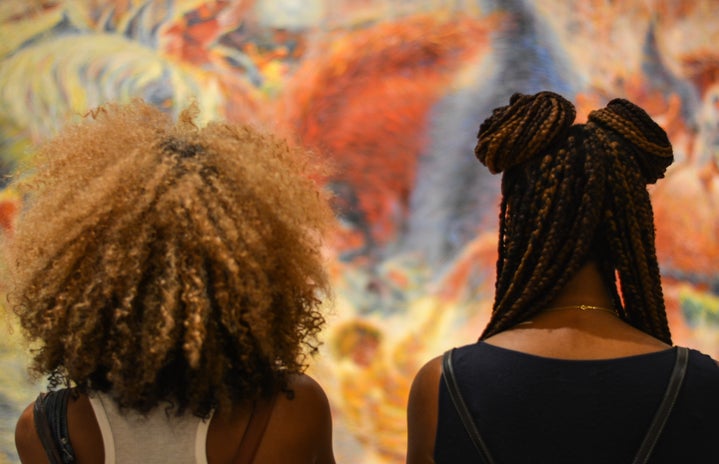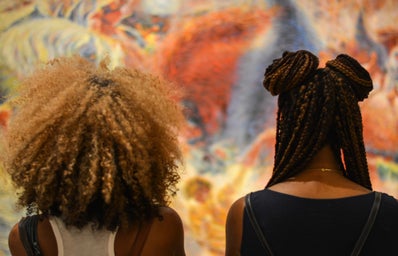Leigh-Anne Pinnock’s long-awaited documentary ‘Pop, power and race’ was recently broadcasted via the BBC. The Little Mix singer shared her experiences of racism as a pop artist, as well as highlighting other fellow black female artists’ experiences, including Alexandra Burke, Raye, NAO, and Keisha Buchanan. The documentary was centred around the British music industry, the racism that black female artists are subjected to, as well as the societal and institutional racism that black people face. It was enlightening, to say the least, and as a young black woman myself, I found the documentary to be eye-opening, giving me a deeper insight into the adult working world and the ways in which we can be racially discriminated against. I wanted to share some of the important points that I took away from watching the documentary.
The idea that racism is embedded in society was one of the subjects touched upon. Leigh-Anne discussed societal norms and how people have unconscious racial biases where black people are the least favoured and least desired. This was something that she discovered while being in Little Mix as she often felt ‘invisible’ as people would ‘look past’ her, as opposed to her bandmates. Additionally, colourism as a racial bias was also brought up in a conversation Leigh-Anne had with her fiancé Andre Grey, regarding his past colourist tweets where he discriminated against black women. Colourism is when people with lighter skin are favoured over those with darker skin. Andre implied that this issue came from a lack of education and awareness as a child growing up in a society where negative and discriminatory ideals about dark-skinned women were the norm.
Another topic discussed was how black female artists in the UK are subject to racism. Black women in the music industry are limited in many ways, such as the ways they are presented to the public. For example, Leigh-Anne was subject to tokenism and made to feel like the ‘token black girl’ on the X-Factor when they shaved her hair and dyed it red, similar to Rihanna’s, to define her image within the group. Furthermore, Alexandra Burke detailed how she was told to bleach her skin because her dark skin tone would negatively impact her music sales. Moreover, Keisha Buchanan was portrayed as a bully for speaking her mind and giving her opinions within her group the Sugarbabes, which tarnished her reputation and led to her being replaced.
Likewise, Leigh-Anne mentioned the severe lack of diversity in the arts and entertainment industry as whenever she went to work, she couldn’t help but notice the absence of black employees, which made her feel more alone because she didn’t have anyone who could relate to or empathise with the way she was feeling.
Finally, she suggested ways to go about tackling these racial inequalities which included us educating ourselves, educating others and actively trying to make a change. She demonstrated this throughout the documentary as she was seen researching the issue of racism and learning from a variety of sources such as activists through YouTube videos and podcasts. In addition, she tried to make change by going to the most senior people at her record label to discuss her concerns and try to come up with a solution that she was satisfied with in terms of employment and opportunities given to black people.
Many people in the documentary commended Leigh-Anne for using her privilege as a mixed-race person to shed light on this issue, hold those in power accountable and actively try to make change. I for one admire her bravery and willingness to talk about her experiences so openly and how determined she is to make a difference and strive towards racial equality in the music industry. If there’s one thing to take away from all of this is that we can all do better, if we aim to acknowledge racism and educate ourselves more on the issue, we can gain a deeper understanding of the world we live in and start to make positive change.
Words by: Tamikka Reid
Edited by: Dasha Pitts-Yushchenko


